
On this week’s podcast, Jun Gong, MD, spoke with CancerNetwork® about the potential role of plasma glutamine as a biomarker for patients with localized prostate cancer.

Your AI-Trained Oncology Knowledge Connection!


On this week’s podcast, Jun Gong, MD, spoke with CancerNetwork® about the potential role of plasma glutamine as a biomarker for patients with localized prostate cancer.

The phase 1b/2 CARTIRUDE-1 study found deep and durable responses, along with a tolerable safety profile with the recommended phase 2 dose of ciltacabtagene autoleucel for patients with relapsed or refractory multiple myeloma.

Patients with small cell lung cancer who failed first-line treatment within 6 months were examined for efficacy of anlotinib plus chemotherapy in a phase 2 trial whose results were presented at the 2021 ESMO Congress.

Pediatric patients with medulloblastoma may experience benefit from 177Lu-omburtamab-DTPA, which was granted a rare pediatric disease designation by the FDA.
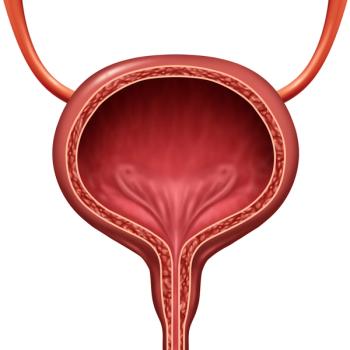
Patients with Bacillus-Calmette Guérin–unresponsive non–muscle invasive bladder cancer experienced promising responses to treatment with of durvalumab and Vicineum, which was also well tolerated.
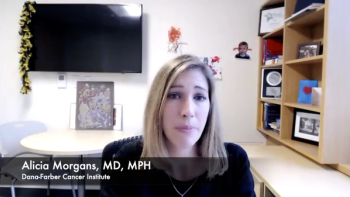
CancerNetwork® sat down with Alicia Morgans MD, MPH, at the 2021 European Society for Medical Oncology Congress to talk about the rationale for analyzing the financial impact of cabazitaxel vs a second androgen receptor targeted agent in metastatic castration-resistant prostate cancer.

The CALGB prognostic risk group and subsequent life-prolonging therapies could potentially impact overall survival in patients with metastatic castration-resistant prostate cancer who are receiving lutetium 177.
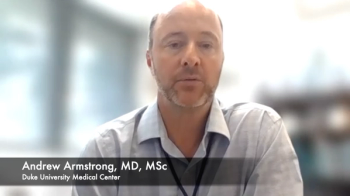
CancerNetwork® sat down with Andrew Armstrong, MD, MSc, at the 2021 European Society for Medical Oncology Congress to talk about overall survival results found the phase 3 ARCHES study.

Josh Ludwig detailed to CancerNetwork® how ScaleReady can help make cell and gene therapy widely practical and viable for patients with cancer.
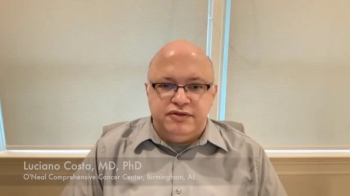
CancerNetwork® sat down with Luciano Costa, MD, PhD, at the 2021 International Myeloma Workshop to discuss key implications from the phase 2 MASTER trial, utilizing daratumumab, carfilzomib, lenalidomide, and dexamethasone.

After chromosomal abnormality was detected in a single patient treated on the ALPHA 2 trial, the FDA placed a clinical hold on the study pending further information.
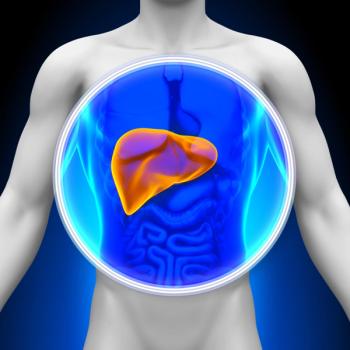
Tremelimumab plus durvalumab demonstrated encouraging safety and efficacy data compared with single agent durvalumab and tremelimumab in patients with unresectable hepatocellular carcinoma.

The Alpha DaRT system was granted breakthrough device designation by the FDA for the treatment of glioblastoma.
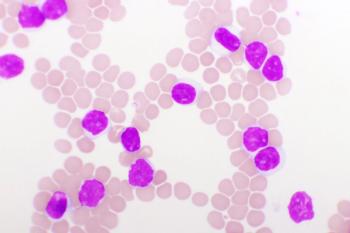
Ibrutinib for treating patients with chronic lymphocytic leukemia increased the risk of atrial fibrillation, bleeding, and heart failure in results of a cohort study.

CancerNetwork® sat down with Alicia Morgans MD, MPH, at the 2021 European Society for Medical Oncology to talk about the important role that patient support networks play for those with cancer and the challenge of separating patients from their loved ones during the COVID-19 pandemic.

An interim analysis indicated that dalpiciclib plus pyrotinib yielded promising results in patients with HER2-positive advanced stage breast cancer.

Patients with chemotherapy-refractory, high-risk acute myeloid leukemia achieved promising benefit from treatment with ficlatuzumab and cytarabine.

Andrew Armstrong, MD, MSc, spoke about key findings, patient crossover, and takeaways from the ARCHES trial for metastatic hormone-sensitive prostate cancer.
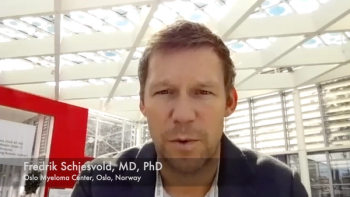
CancerNetwork® sat down with Fredrik Schjesvold, MD, PhD, at the 2021 International Myeloma Workshop to talk about how the COVID-19 pandemic impacted the care of multiple myeloma at the Oslo Myeloma Center .
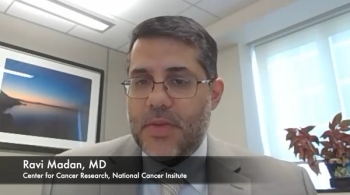
Ravi A. Madan, MD, discusses the potential impact of docetaxel, abiraterone acetate, androgen deprivation therapy, and radiotherapy on patients with metastatic castration-sensitive prostate cancer.

Men with metastatic hormone-sensitive prostate cancer who were treated with enzalutamide plus androgen deprivation therapy experienced an improved, long-lasting overall survival compared with those who received placebo.
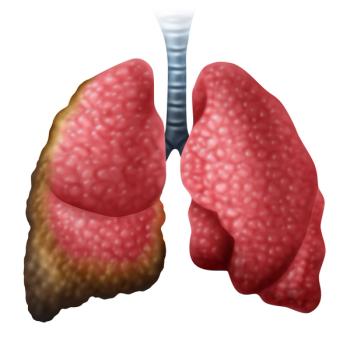
Patients who were treated with ramucirumab plus gemcitabine experienced improved overall survival compared with patients treated with gemcitabine plus placebo.

Patients with solid tumors and an NTRK gene fusion who experienced progressive disease appear to derive benefit from repotrectinib, which received a breakthrough therapy designation from the FDA.
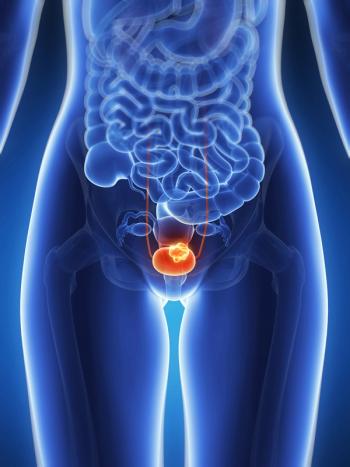
Patients with metastatic urothelial carcinoma did not derive further benefit from the addition of berzosertib to cisplatin and gemcitabine.

Continued overall survival improvement has been observed at landmark time points in patients with mantle cell lymphoma following treatment with autologous hemopoietic stem cell transplant.

Research of family registries found that individuals with a germline pathogenic ATM variant gene had greater lifetime risk of developing pancreatic cancer than individuals without the gene.

Patients with previously untreated metastatic uveal melanoma who also harbored HLA-A*02:01 and were treated with tebentafusp experienced a longer overall survival compared with the control group of a phase 3 clinical trial.

Adding venetoclax to cladribine, high-dose cytarabine, and idarubicin appears to yield high rates of minimal residual disease negativity and promising survival in patients with newly diagnosed acute myeloid leukemia and high-risk myelodysplastic syndrome.
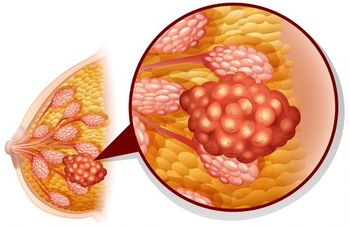
Patients with unresectable or metastatic HER2-positive breast cancer who have received one or more HER2-targeting agents in prior lines of therapy may benefit from treatment with fam-trastuzumab deruxtecan-nxki, which received a breakthrough therapy designation from the FDA.

The FDA granted priority review to 177Lu-PSMA-617 in pretreated metastatic castration-resistant prostate cancer based on positive survival data from the phase 3 VISION study.